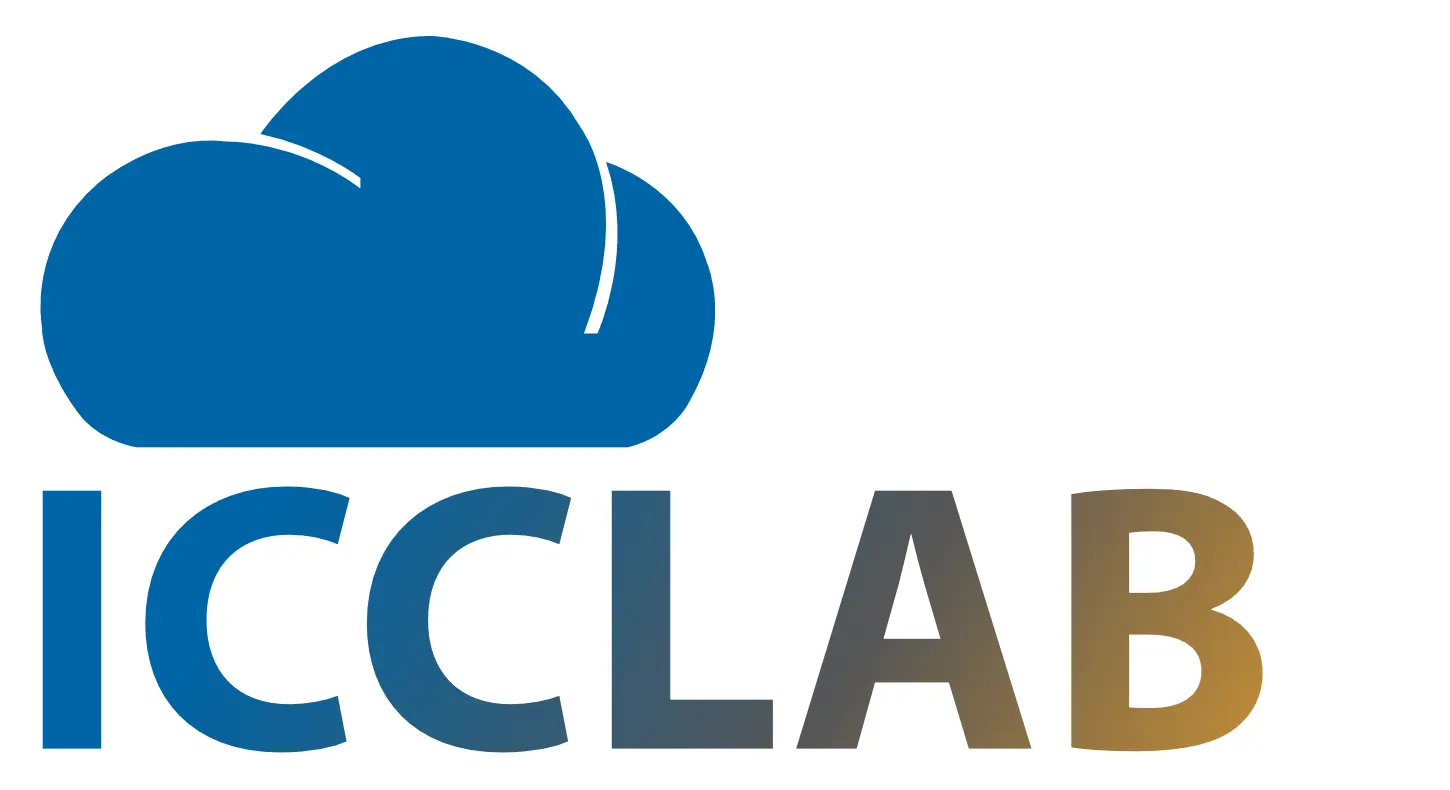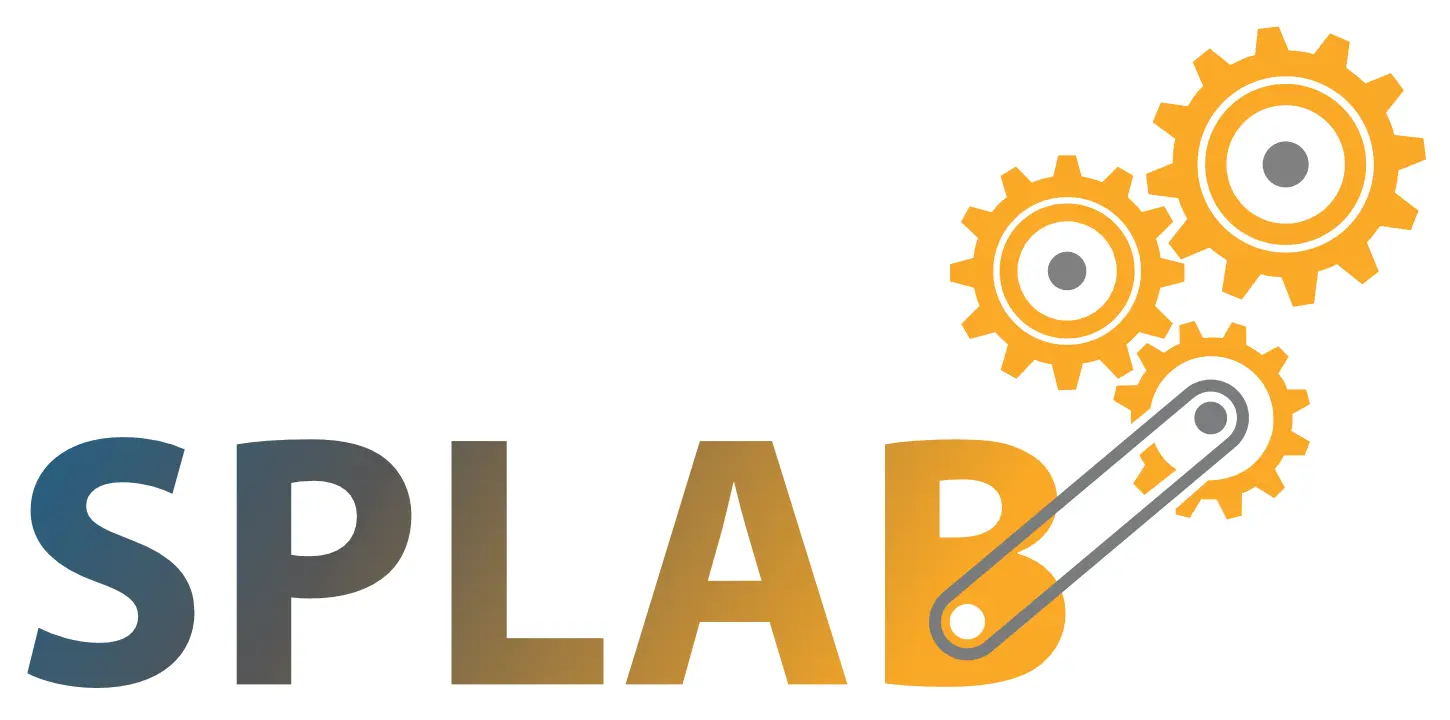Distributed Systems
We Make Services Valuable
The Distributed Systems (DSY) research group of the InIT focuses on scalable and reliable implementation of sophisticated IT-based services. We address questions such as:
- What architecture best suits your specific cloud application?
- Which service model (IaaS, CaaS, PaaS, FaaS, ...) ensures optimal implementation of an application?
- Which tools are needed for development, operation and monitoring of the services?
- How to offer applications "as a service" (SaaS)?
- How to monetize modern IT services?
- How to integrate the "physical world" into complex IT services?
The research group is engaged in international projects within the EU research framework and works closely with partners from the private sector on innovative products within Innosuisse funded or directly financed projects.
The knowledge gained from applied research and development is transferred to students of computer science courses in the following modules:
Cloud Computing

The Init Cloud Computing Lab (ICCLAB) is dedicated to the automated deployment, operation and usage of configurable, highly scalable and resilient IT resources on a pay-per-use basis. In addition to infrastructure virtualization, this includes platform services for automated application delivery, scalable back-end, and monitoring of services and applications.
Service Prototyping

The Service Prototyping Lab (SPLAB) addresses the implementation and validation of complex services in cloud or post-cloud environments. In addition to the migration of existing services to the cloud, the main focus is on modern application architectures (Cloud Native Applications, Microservices, Serverless), the provisioning of tools for optimal implementation, the experimental validation of concepts and their monetization (Cloud Accounting and Billing).
Cloud Robotics
The Init Cloud Comupting Lab (ICCLAB) also addresses the integration of robotic applications into complex networked services. The usage of elastic cloud services allows to extend the capabilities of robots (computing power, context information, artificial intelligence, ...) as well as to manage and coordinate them. Programming frameworks and automation services enable developers to integrate robots into services without having in-depth knowledge at device level.
Unfortunately, no list of projects can be displayed here at the moment. Until the list is available again, the project search on the ZHAW homepage can be used.
-
Arce, Adriana Arteaga; Filinis, Nikos; Fu, Lei; Habib, Carol; Militano, Leonardo; Spatharakis, Dimitris; Zafeiropoulos, Anastasios; Bohnert, Thomas Michael; Mitton, Nathalie; Papavassiliou, Symeon,
2024.
Virtual objects for robots and sensor nodes in distributed applications over the cloud continuum[paper].
In:
29th IEEE Symposium on Computers and Communications (ISCC) - 4th International Workshop on Distributed Intelligent Systems (DistInSys), Paris, France, 26 June 2024.
ZHAW Zürcher Hochschule für Angewandte Wissenschaften.
Available from: https://doi.org/10.21256/zhaw-30918
-
Gkikopoulos, Panagiotis; Kropf, Peter; Schiavoni, Valerio; Spillner, Josef,
2024.
Reliable IoT analytics at scale.
Journal of Parallel and Distributed Computing.
187(104840).
Available from: https://doi.org/10.1016/j.jpdc.2024.104840
-
Stoop, Pascal; Ratnayake, Tharaka; Toffetti, Giovanni,
2024.
A method for multi-robot asynchronous trajectory execution in MoveIt2[paper].
In:
2024 IEEE International Conference on Robotics and Automation (ICRA).
International Conference on Robotics and Automation (ICRA), Yokohama, Japan, 13-17 May 2024.
IEEE.
pp. 17694-17700.
Available from: https://doi.org/10.1109/ICRA57147.2024.10611498
-
Cvetkovski, Oliver; Field, Carlo; Trinchi, Davide; Marti, Christof; Spillner, Josef,
2023.
ZVAX : a microservice reference architecture for nation-scale pandemic management[paper].
In:
Dorai, Gokila; Gabbrielli, Maurizio; Manzonetto, Giulio; Osmani, Aomar; Prandini, Marco; Zavattaro, Gianluigi; Zimmermann, Olaf, eds.,
Joint Post-proceedings of the Third and Fourth International Conference on Microservices (Microservices 2020/2022).
International Conference on Microservices (Microservices), Paris, France,10-12 May 2022.
Wadern:
Schloss Dagstuhl - Leibniz Center for Informatics.
Open Access Series in Informatics (OASIcs).
Available from: https://doi.org/10.4230/OASIcs.Microservices.2020-2022.4
-
2023.
Operating systems and infrastructure in data science.
1. Auflage.
Zürich:
vdf Hochschulverlag.
ISBN 978-3-7281-4168-2.
Available from: https://doi.org/10.3218/4168-2
